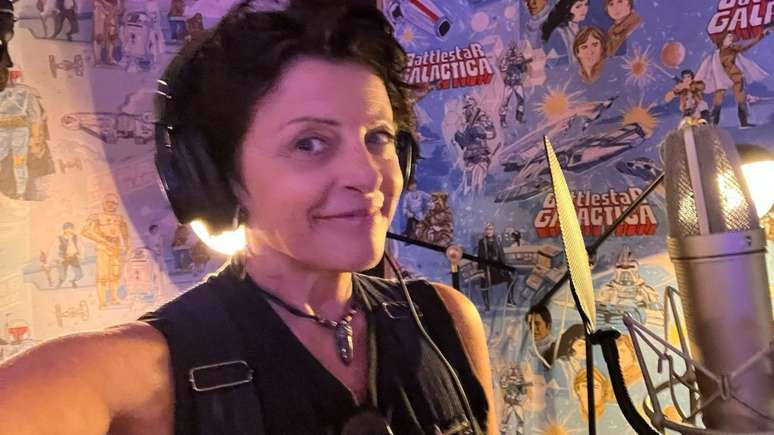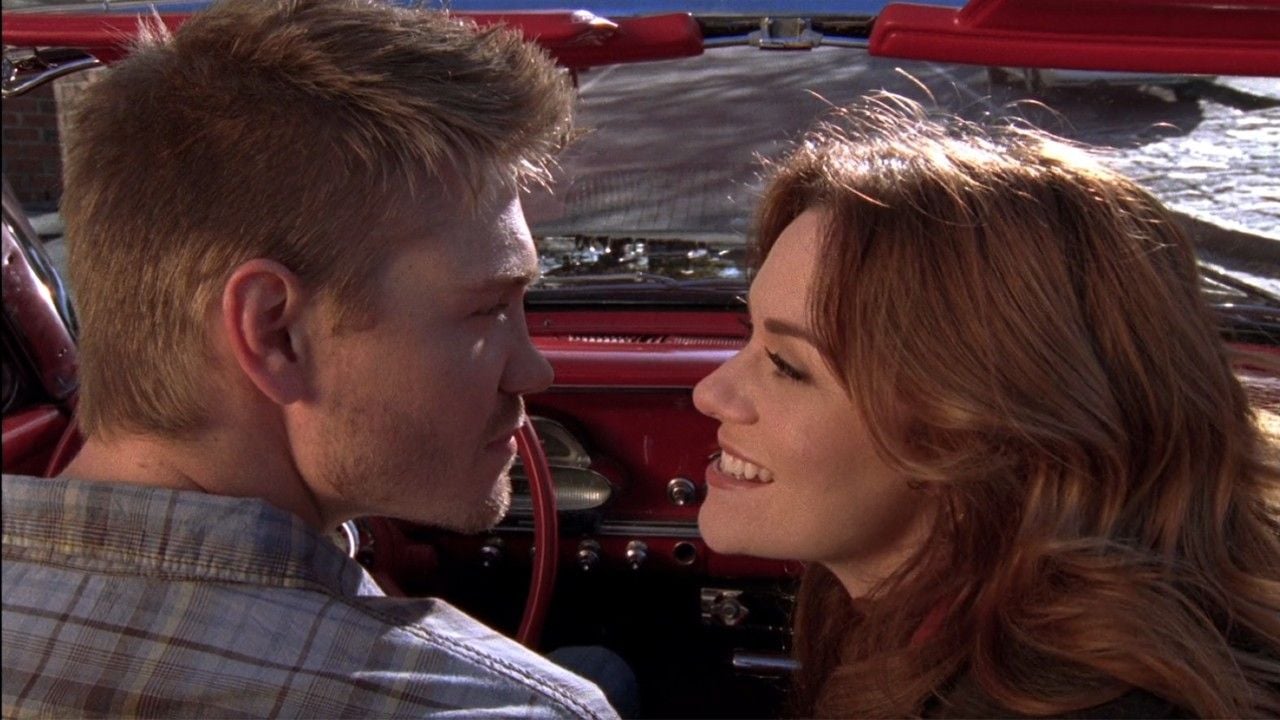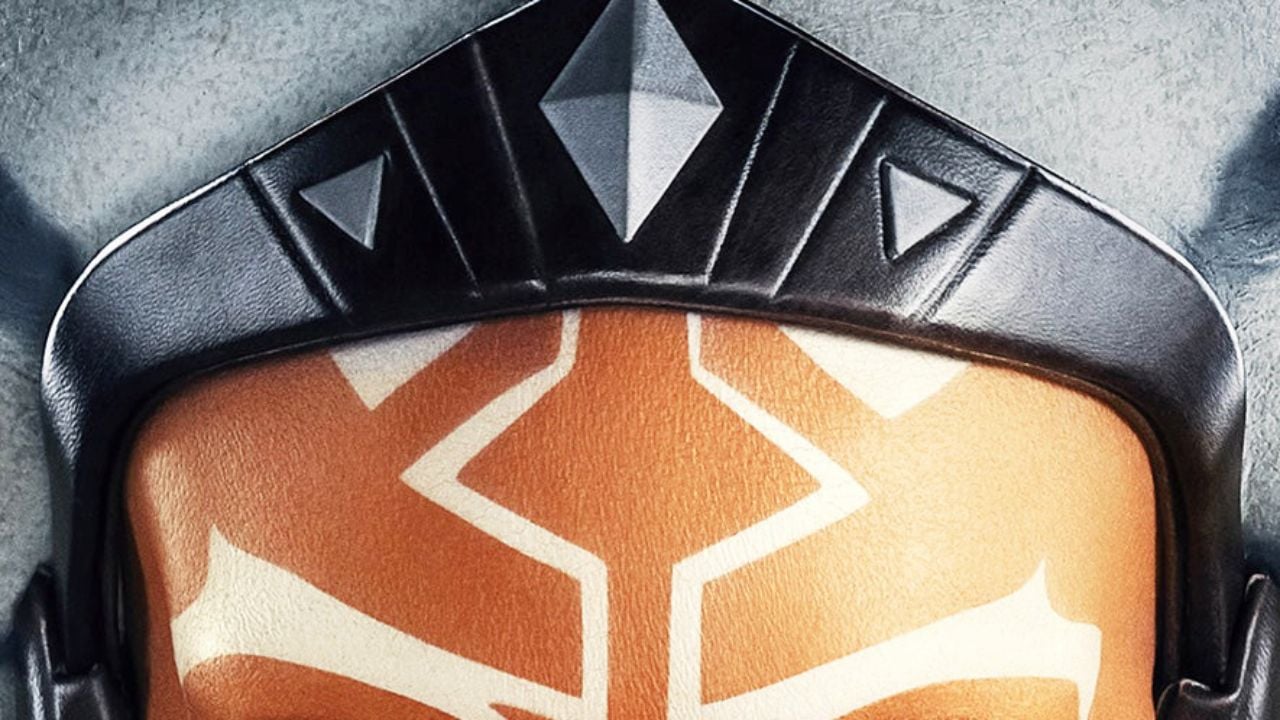Or not. Whoever decides will not be George RR Martin, but American Justice
It would be difficult to find a more beloved, popular and wealthy author than George RR Martin, creator of the “A Song of Ice and Fire” series, the basis for the hits “Game of Thrones” and “House of Dragons.” Perhaps John Grisham, master of court books, who had almost all of his work adapted for Hollywood.
If you look at the American market, Jodi Picoult and David Baldacci are no different. And Jonathan Franzen, if he doesn’t have a similar collection of bestsellers, has a critical prestige that makes up for the difference.
They are among 17 authors who filed a million-dollar lawsuit last Tuesday against OpenAI, the most famous artificial intelligence company on the planet, because it created Chat GPT. The main accusation: Open AI is committing a “systematic theft” of their works, “blatantly infringing and causing harm” to their copyrights.
The lawsuit was brought by the Writers Guild, the union representing writers across all media in the United States. It’s just another such process. Many more will inevitably come.
At stake is whether authors will have control over the use of their works by artificial intelligence. “Just that. But that’s all. Because at the heart of this dispute is a fundamental conflict: Who will have the creative rights? From the creators? From the digital giants? From someone who can learn from them? Indeed, what exactly constitutes a “creation”?
It is a very interesting case from many points of view. Because no artistic work is born in a vacuum. Without his predecessors, without recognizing and (sometimes) going beyond his influences, an artist would produce nothing.
George RR Martin himself is a perfect example of this. Would “Game of Thrones” exist without the rich tradition of fantasy literature or without, for example, “The Lord of the Rings”? Obviously. But no one accuses Martin of plagiarizing Tolkien.
Now let’s say that instead of just any guy, it’s an AI writing an epic in Martin’s style. Which is software that simulates your narrative style and structure, your “way” of telling stories, but using different characters and scenarios.
This is a problem? How much would Martin be harmed? How to size it correctly? What if this saga becomes the next fantasy phenomenon, the next “Game of Thrones”?
Looking at it another way: anyone can read any book they want and learn from them, even learn what to do and what not to do. You can also try to emulate the structure or style of a particular novelist, without infringing on anyone’s rights. There are stacks of manuals that claim to teach you how to write a bestseller. And also self-help books, movie scripts and so on.
Why does this become a problem when the person learning is not a human, but an AI owned by a company?
And leaving the fields of art: what about when this battle concerns the use of patents, inventions or scientific discoveries?
New questions for this new world of technology and literature, of creativity and legislation, of economics, of politics – of life.
He is CEO of Woopi and R&D director of the Stefanini Group, of digital solutions.
Source: Terra
Rose James is a Gossipify movie and series reviewer known for her in-depth analysis and unique perspective on the latest releases. With a background in film studies, she provides engaging and informative reviews, and keeps readers up to date with industry trends and emerging talents.







